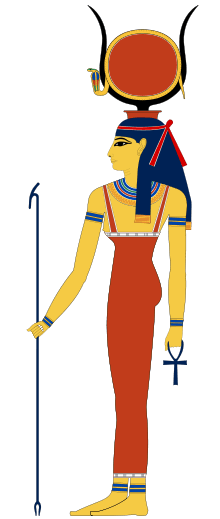Meh
Meh is an interjection used as an expression of indifference or boredom. It may also mean "be it as it may". It is often regarded as a verbal shrug of the shoulders. The use of the term "meh" shows that the speaker is apathetic, uninterested, or indifferent to the question or subject at hand. It is occasionally used as an adjective, meaning something is mediocre or unremarkable.
Other uses
Meh is popularly used as a catchall answer to any question. It is acceptably interchangeable with most responses.
Also considered a non-committal response, “meh” can be used when disregarding a question or to refer to something they have no opinion or emotions about. In expressing an opinion, it means the speaker's opinion is that of apathy. However, some may respond with “meh” simply to avoid creating an opinion on the matter at all.
Origin
The origin is unknown. Some have speculated that the term's origin is Yiddish because of its similarity to the interjection "feh", which appears in the 1936 Yiddish song Yidl Mitn Fidl. The rhyming of the two words is only one such link to the language. In Alexander Harkavy's “Yiddish-English-Hebrew Dictionary” the word is treated as a bleating or baa sound. Hooray for Yiddish, by Leo Rosten uses the word “mnyeh,” which is speculated to be an early variant of “meh.”

Hathor
Hathor (/ˈhæθɔːr/ or /ˈhæθər/;Egyptian: ḥwt-ḥr; in Greek: Ἅθωρ, meaning "mansion of Horus") is an Ancient Egyptian goddess who personified the principles of joy, feminine love, and motherhood. She was one of the most important and popular deities throughout the history of Ancient Egypt. Hathor was worshiped by royalty and common people alike in whose tombs she is depicted as "Mistress of the West" welcoming the dead into the next life. In other roles she was a goddess of music, dance, foreign lands and fertility who helped women in childbirth, as well as the patron goddess of miners.
The cult of Hathor predates the historic period, and the roots of devotion to her are therefore difficult to trace, though it may be a development of predynastic cults which venerated fertility, and nature in general, represented by cows.
Hathor is commonly depicted as a cow goddess with horns in which is set a sun disk with Uraeus. Twin feathers are also sometimes shown in later periods as well as a menat necklace. Hathor may be the cow goddess who is depicted from an early date on the Narmer Palette and on a stone urn dating from the 1st dynasty that suggests a role as sky-goddess and a relationship to Horus who, as a sun god, is "housed" in her.
MEH
MEH or meh may refer to:
Podcasts:
Meh
ALBUMS
- Street Lourd, Volume 2 released: 2010
Street Lourd, Volume 2
Released 2010- Boys in the Hood
- Reste pas là
- Ne compare pas
- La Succursale
- Pour les Youves
- Salamoualikoum
- Y'a koi ?
- G.H.E.T.T.O.
- La Danse des Leurdeas
- C du lourd (remix)
- Le Traitre de ma Street
- Ça arrache
- Street Lourd Terrible
- Sauvage
- Pirates des Caraïbes
- Dans nos quartiers
- Ma ville, ma capitale
- Enfants terribles
- T'as l'seum
M.E.H.
ALBUMS
- Demo released: 2010
Latest News for: meh
I tested Microsoft’s new Copilot features. 2 have big potential—the others, meh
PC World 07 Apr 2025- 1

